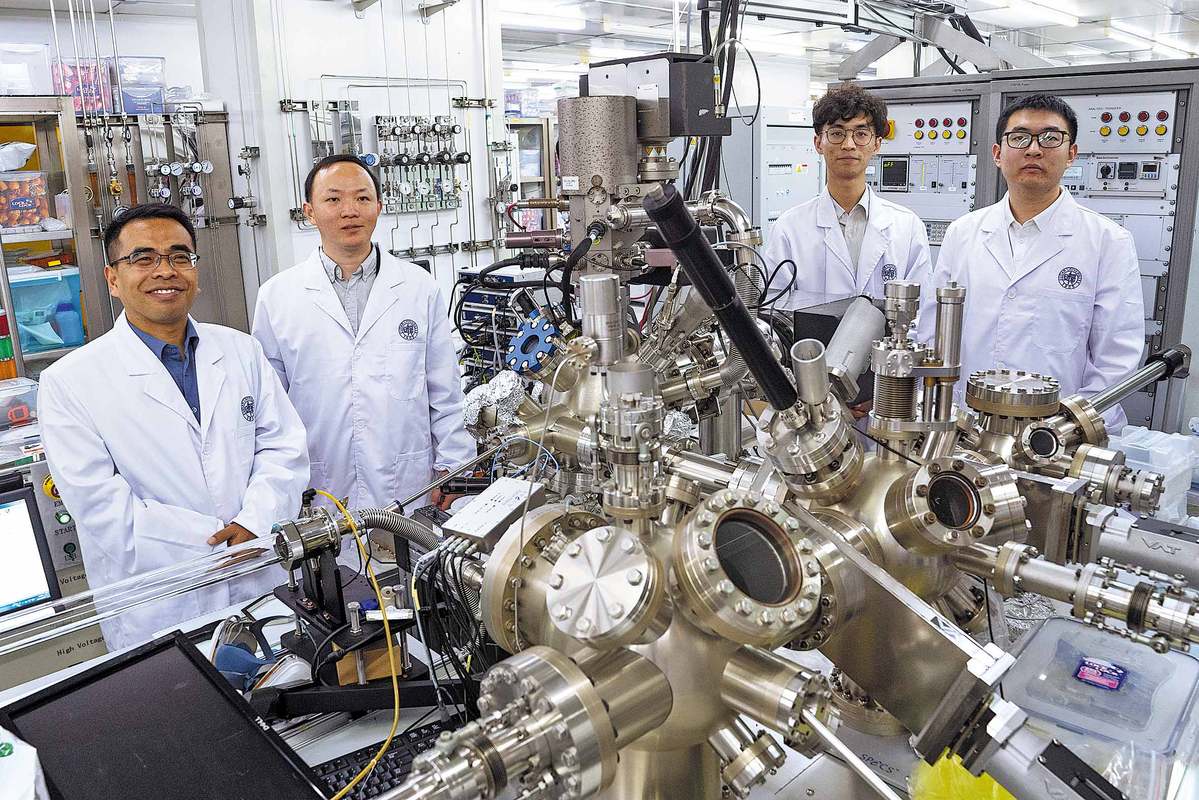Shanghai key to basic research lead
City's policies, investment help country maintain global edge in science


Shanghai's leading role in ensuring China's global preeminence in basic scientific research got off to a stellar start this year, with four major papers published in a single issue of the prestigious journal Cell in late January.
The papers were from teams at the Synthetic Science Innovation Research Center at Shanghai Jiao Tong University, or SJTU, the Center for Excellence in Molecular Plant Sciences of the Chinese Academy of Sciences, and the CAS' Center for Excellence in Brain Science and Intelligence Technology.
Also, in the first two months of this year, researchers from Shanghai's Fudan University published six papers in the world's top three journals — Cell, Nature and Science — while another four papers have been accepted. As of early March, researchers from SJTU had published seven papers in these journals.
All the research projects focused on significant scientific questions and clear prospects for industrial applications.
With the surge in these publications, Zhao Weishu, an associate researcher at SJTU's School of Life Sciences and Biotechnology, believes the brightest era for the country's basic research is about to arrive.
"With the current breadth of research, sample size, and industrialization capabilities, we are on the verge of a qualitative leap — perhaps a landmark scientific event, such as the emergence of a new theory. This should be something that all scientists work together toward," Zhao said.
"And amid this wave of scientific research, Shanghai, as an important center of basic research in China, shoulders the mission to promote breakthroughs with innovation at the source," she said.























